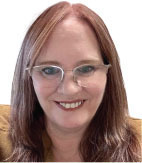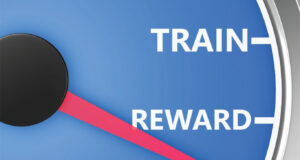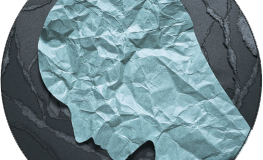
Wellness, Resiliency and Self-Care
As I am writing this reflection, it is -4 degrees in my hometown of Chicago and wellness, resiliency and self-care are on my mind. COVID is still a force to be reckoned with and now we add in the weather-related challenges and lack of sunshine. Yes, even I have my moments when I am not incredibly upbeat and positive (shocking, I know!). So to counter these feelings, I turn to information about self-care. I have always been interested in “alternative medicine,” and this week, I found myself looking back to a project I did during my MSN journey on alternative medicine and wellness promotion. It was there that I “discovered” the “Science of Unitary Beings Theory,” which I feel speaks incredibly well to the heart of case management practice.
Martha E. Rogers’ Science of Unitary Human Beings Theory is an abstract theory that subscribes to the concept that healthcare is both art and science and utilizes concepts from a multidisciplinary spectrum including anthropology, psychology, sociology, physics and mathematics, as well as Nightingale’s proposals and data to postulate that the unitary being is “irreducible, indivisible, pandimensional,” identified by having unique patterns and characteristics that “cannot be predicted by the knowledge of the parts” (Rogers, 1992). This theory challenges the traditional meanings of healthcare concepts and moves healthcare away from distinct silos to a more comprehensive model of “wholistic” care along the care continuum and the lifespan.
Rogers’ theory stresses the “totality of the experience” and the “continuum of care being more important than any individual episode” of care. This certainly speaks to case management. Taking the patients’ environment as a whole—social supports, community resources, physical environment and the patient’s preferences—and working with the patients and their providers to determine a plan of action for recovery and how each provider impacts the other is the world in which case management resides.
These days, more than ever, resiliency and self-care are much more than “buzz words”— they are necessary skills for everyone to learn, but especially those of us in healthcare. The articles in this issue explore wellness, self-care and resiliency from new perspectives. I hope you enjoy the diverse offerings in this issue and that they help you to learn more about what we can do for our patients/clients/members and ourselves. I hope to see you at the CMSA National Conference in Orlando, Florida on June 1-4, 2022! Talk about upbeat and positive. I walk away from our conferences feeling positive, energized and excited. Great self-care and resiliency!
REFERENCE
Bramlett, Martha, Gueldner, Sarah and Boettchner, Janet. (2008). Reflections on the Science of Unitary Human Beings in Terms of Kuhn’s Requirement for Explanatory Power. Visions, 15 (2), PP 7-22.
Rogers, Martha. (1992). Nursing Science and the Space Age. Nursing Science Quarterly, 5 (1), PP 27-32.





